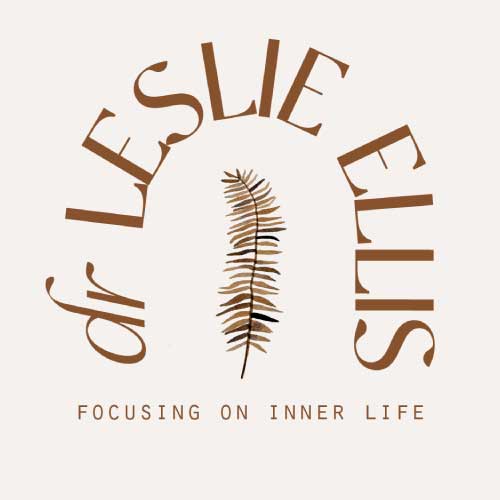Montague Ullman developed what is likely the most popular and democratic method of working with dreams in groups. Working with dreams in a group can open multiple avenues in a dream, deepen our capacity for empathy and illustrate how all dreams have archetypal dimensions that speak to us all.
(Sign up here if you want to hear more about joining a dream group this fall.)
The Ullman method is explained in considerable detail, with examples, in his book, Appreciating Dreams, a group approach (2006, Cosimo Publications, New York). I have gathered a sampling of some my favorite words of wisdom about dreams from Ullman to share with you.
On ‘Day Residue’
Ullman said the that events from the day that trigger our dreams are often not that important in their own right, but rather because, by association, they bring deeper emotional concerns closer to consciousness: “All of us are continually reworking unfinished emotional business from the past. Our dreams seem to be way stations along which these concerns pass, creating the possibility for recognition and exploration” (p. 21).
Do Not Dismiss Short Dreams
“A dream cannot be too short for the group to work on. This includes dreams that may consist of a single image. Even when only a small bit of a longer dream is recalled, it can have a holographic quality and touch on many aspects of the dreamer’s life” (p. 25).
Why Dreams Need to be Worked Through
Do not judge dreams from the point of view of the waking state as dull or unimportant. “Only when a dream is worked through its connection to the underlying emotional streams that enter into it, can its value be assessed. Its importance is seen not to lie in its appearance but in the channel it opens to the larger dimension of our being, seeking to make its presence felt” (p. 26, emphasis added).
On Metaphor and Bridging Waking and Dreaming Thoughts
“Awake, we do not think in the same metaphorical fashion as we do asleep. We do not ordinarily view our waking experience from the point of view of its potential for translation into visual metaphors” (p. 68) Ullman says the emotion that comes with dream images can help bridge the large gap between waking and dreaming thought. “It takes investigative effort to bring the dreamer close enough to the living feeling context of the period just before the dream.”
Dreams As a Direct Path to the Truth
“We all know what the truth feels like. Whether we embrace it with relief or recoil from it in pain, it feels real. Its very reality provides us with the opportunity to engage with it and grow in our struggle to come to terms with something new about ourselves. Dream work is a very direct way to provide us with such opportunities” (p. 95).
On Offering “Orchestrations” to the Dreamer
In the final stage of his dream group process, Ullman asks group members to take in all that has been said about the dream and offer comments that ‘harmonize image and reality’ as a way to ‘separate the melody from the cacophony of sounds that have filled the air’.
“Coming to an orchestrating idea that really moves the dreamer is an interplay of intuition, the ability to listen to a dreamer and discern the appearance and flow of feelings, openness to that material the dreamer has shared and all that has been shared, and finally, sensitivity to metaphor” (p. 95).
‘Stumbling blocks in the path of our evolving maturity’ that often show up in dreams:
- How well do we handle feelings such as anger on the one hand and tenderness on the other?
- How susceptible are we to feelings of guilt, self-depreciation and self-denial?
- How aware are we of our own need for nurturing and support?
- To what extent are we oriented to the needs of others at the expense of our own needs?
- To what extent do we blindly accept personal, social, and institutional arrangements that limit or do violence to our own humanity?
- To what extent do we deny or suppress what it truly alive in us?
- To what extent are we being carried along passively by the tide of our life? (p. 97)
What’s notable about this list is that it suggests dreams encourage us to advocate for our own self in various ways: accepting one’s value, finding what is ‘truly alive in us’ and becoming active agents of our own lives. It might be in interesting line of inquiry for your next dream: how is this dream encouraging me to advocate for myself and to live a life that is in keeping with my deepest desires?
Are you interested in further dream group study with Dr. Leslie Ellis? Do you want to be part of a small, dedicated dream group starting in fall 2023? There will be limited space, so please add your name to this list if you want to hear more about this opportunity.

